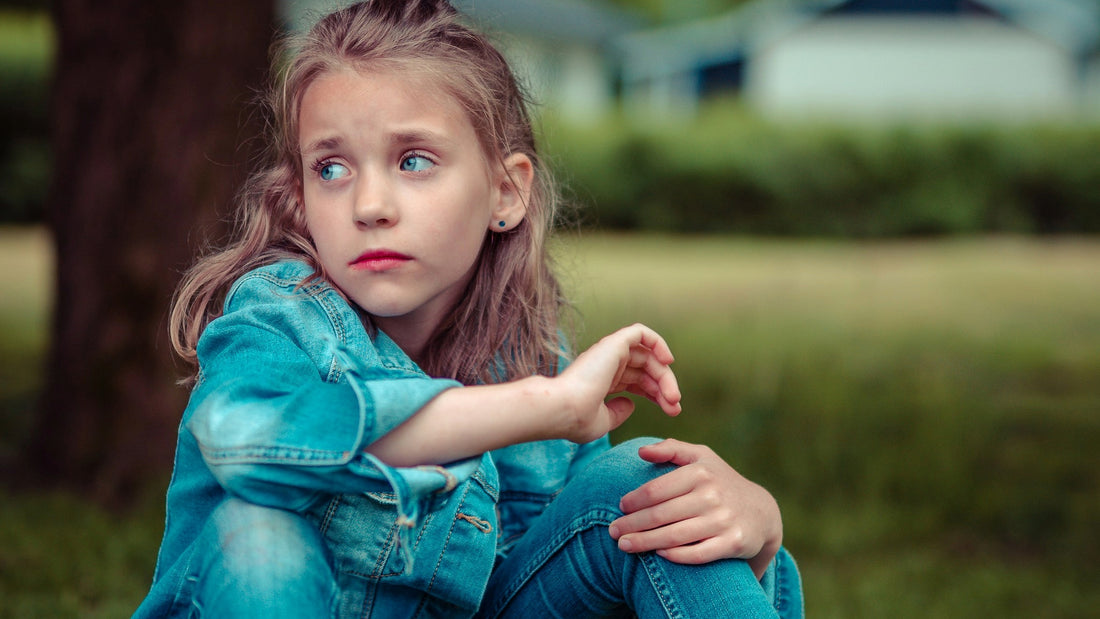Even the most socially adjusted children hit a bump in the road from time to time. A change can happen seemingly overnight for those who always had a big group of friends. Maybe a particular event occurred, causing a group to turn their backs. Or perhaps the child always struggled to play with others, finding it particularly difficult to make friends. Whether the situation is out of character or an ongoing experience, there are several strategies for parents who want to help their children fit in better with their peers.

Tips For Children Who Feels Left Out
No one ever wants to watch a child who feels sad and alone from being left out of social activities. Yet as much as parents and caregivers want to pave a happy path for their children, the hard truth is that these difficult moments are essential for a young person's social maturity. Kids learn invaluable lessons from experiencing a variety of emotions, especially those associated with feeling excluded and alone. Loving adults cannot fix these social dilemmas for a child, but they can provide advice and guidance to help a little one learn to cope. Reading children's books about not fitting in is a good way to open a conversation. Here are some additional points to consider when these situations arise.

(1) Listen with an open heart and mind.
Focus less on the actual event and more on how a child is feeling as a result. Some kids are especially sensitive and may overreact emotionally to a situation that would not evoke a response in others. Many times kids do not intend to exclude their peers, and yet those on the outside reel from feelings of loneliness. An important first step is acknowledging these emotions regardless of whether or not you believe there is malicious intent on the part of others.
(2) Encourage friendships from a variety of activities and settings.
Kids who have a very small circle of friends, perhaps only one or two, could be more likely to experience feeling left out. Sometimes friendships turn sour or go through a rocky patch. When this happens to kids who only have a couple of friends, they lack a social safety net and can feel extremely lonely. On the other hand, children with lots of friends have a support system when they go through a difficult period of exclusion.
(3) Refrain from trying to fix the problem for them.
When a parent believes other children are not being kind, a natural reaction is to call out the offenders. The thought of calling the other parents to give them an earful seems like a satisfying proposition. Imagining all of the things to say to the mean kids can temporarily remove the sting. It's important, however, to coach your children to handle the situation all by themselves. By getting involved, parents are actually depriving their kids from developing internal coping mechanisms to handle difficult social scenarios.
(4) Monitor the use of social media platforms.
A pervasive challenge in raising kids today is the excessive use of social media to post pictures of friends having fun together. While the intention may be innocent in nature, an unfortunate side effect is impact on lonely kids who were not invited to such gatherings. Parents need to keep a close eye on the amount of time their kids spend alone scrolling through their social media feeds. Coax kids off their devices by getting them involved in sports, clubs, and other activities.
(5) Make sure home is a safe place to escape social insecurities.
A home free of conflict and stress is just what kids need to recharge their social battery. When children are experiencing problems with friends, they need a comforting place to retreat and work through their emotions. Parents can help by intentionally creating a stable environment. No household is perfect and sometimes it is difficult to keep conflict in check, especially when in the midst of a separation or divorce, but parents should do their best from burdening little ones from adult problems, responsibilities, and stressors.

More Guidance For Childhood Challenges

